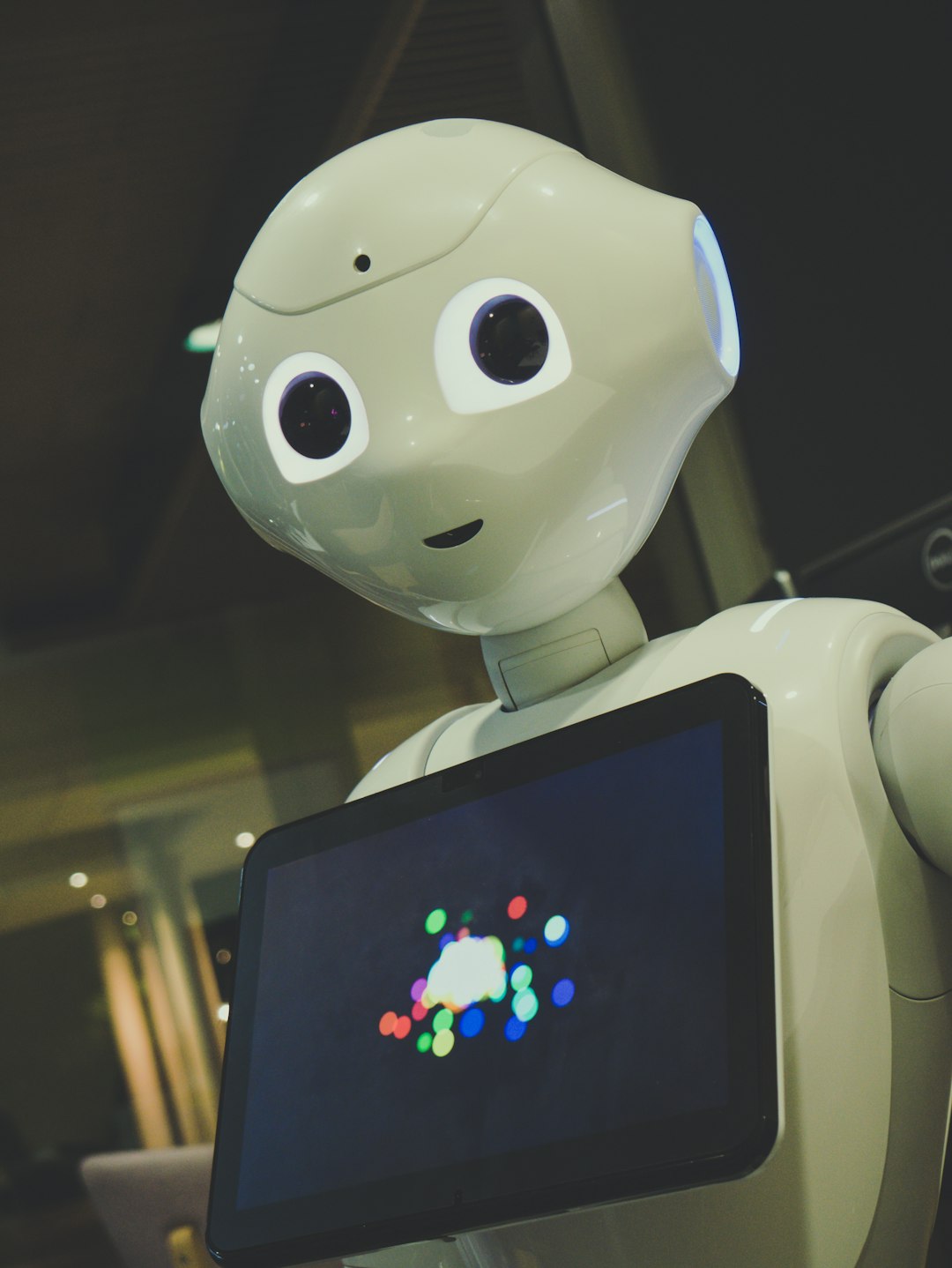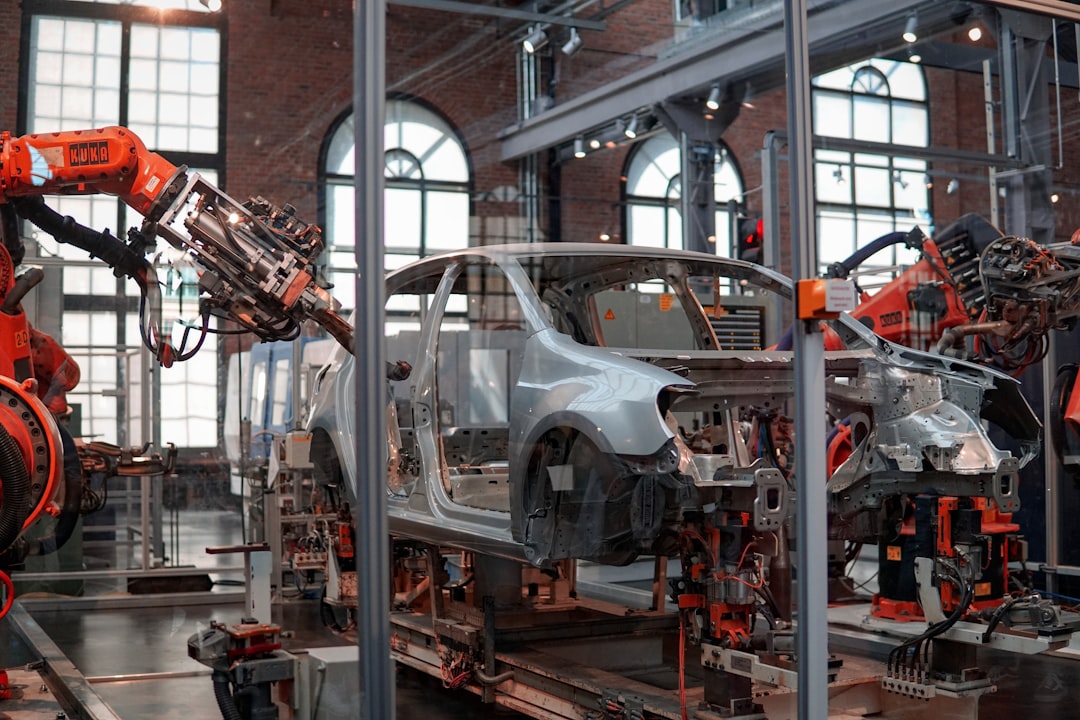Artificial Intelligence, often abbreviated as AI, is a branch of computer science that focuses on creating intelligent machines capable of performing tasks that would typically require human intelligence. This technology has garnered significant attention in recent years due to its potential to revolutionize various industries. From healthcare to transportation, AI has the power to transform the way we live and work.
One of the major benefits of AI is its ability to automate repetitive tasks, freeing up human employees to focus on more complex and creative work. For instance, in manufacturing industries, robots equipped with AI can perform repetitive assembly line tasks with precision and efficiency, reducing human error and increasing productivity. This not only leads to cost savings for businesses but also creates a safer working environment.
Another area where AI is making significant strides is healthcare. AI-powered systems have shown great potential in diagnosing diseases and recommending appropriate treatment plans. These systems can analyze vast amounts of medical data from patient records, research papers, and clinical trials, helping doctors make accurate and timely decisions. Moreover, AI can aid in monitoring patients remotely, alerting healthcare professionals in case of any anomalies. This has the potential to improve patient outcomes and reduce healthcare costs.
The field of transportation is also experiencing a revolution thanks to AI. Self-driving cars, powered by AI algorithms, have the potential to reduce road accidents caused by human error. These vehicles can make split-second decisions based on real-time data, improving overall road safety. Additionally, AI can optimize traffic flow by analyzing patterns and suggesting alternative routes, reducing congestion and commuting time for individuals.
While the benefits of AI are vast and promising, there are also significant challenges and concerns associated with its development and implementation. One of the primary concerns is the potential displacement of jobs. As AI technology advances, certain tasks that were previously performed by humans may become automated, leading to job losses in some sectors. However, proponents argue that AI will create new job opportunities, requiring individuals to adapt and acquire new skills.
Another challenge is ensuring the ethical use of AI. As AI systems become more sophisticated, there is a need to establish guidelines and regulations to prevent misuse. Issues such as data privacy, bias in algorithms, and accountability must be addressed to build trust in AI systems. Fair and unbiased AI algorithms are essential to ensure that decisions made by AI are just and equitable.
Furthermore, AI also raises concerns about security and privacy. With the increasing reliance on AI, there is a growing need to protect sensitive data from unauthorized access. Additionally, the potential use of AI in cyber attacks and the ability of AI algorithms to generate convincing fake information pose new challenges for cybersecurity professionals.
In conclusion, AI holds immense potential to transform various industries and improve our lives in numerous ways. From automation to healthcare and transportation, AI is revolutionizing the way we work and interact with technology. However, as with any transformative technology, there are significant challenges that need to be addressed. Ensuring job stability, ethical use, security, and privacy are critical factors in harnessing the full potential of AI while minimizing the risks. As AI continues to evolve, it is important to strike a balance between innovation and responsible implementation.








